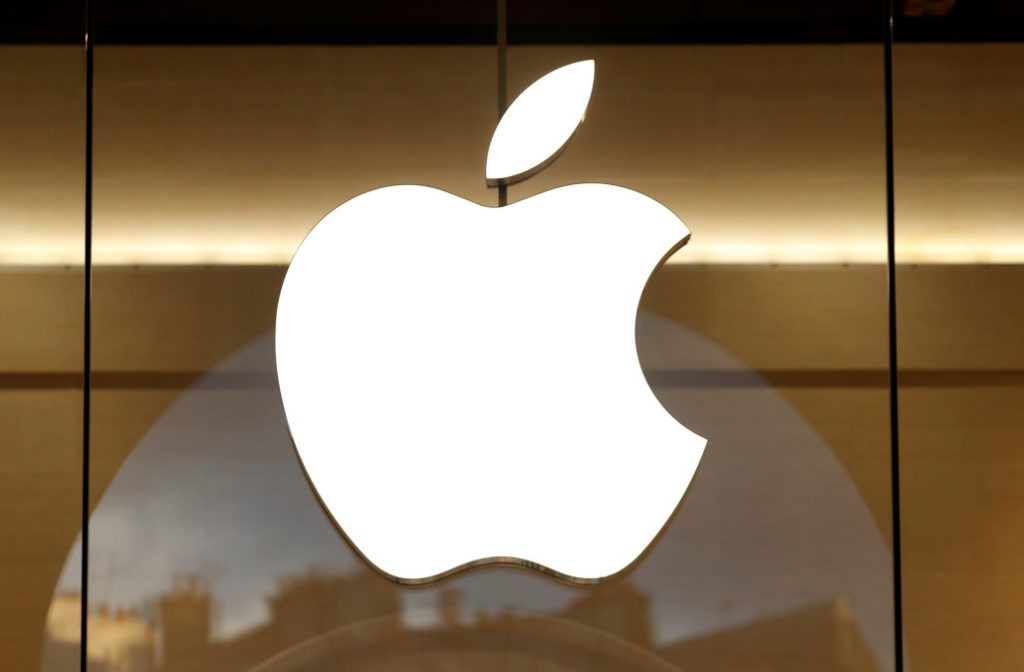The theft of a trove of engineering and manufacturing schematics of current and future products from Quanta, a Taiwan-based company that manufactures MacBooks and other Apple products, resulted in a $50 million ransomware attack, according to The Record.
According to sources, the REvil ransomware’s operators are requesting a ransom payment from Apple in order to prevent confidential information from being released on the Dark Web.
“Schematics for Macbook laptops” are seen in files leaked on the Dark Web.
REvil, also known as Sodinokibi, is a Russian hacking group.
Quanta refused to pay to get its stolen data back, so the REvil group has chosen to go after the company’s primary customer instead, according to a message posted on the dark web site where the ransomware gang usually threatens victims and leaks their data.
In the message, the REvil operators stated that “With several major brands, our team is negotiating the sale of large quantities of confidential drawings and gigabytes of personal data. Apple can buy back the data by May 1st.”
The REvil gang released screenshots of Macbook schematics, threatening to release new information every day before Apple or Quanta pay the ransom demand.
Quanta Computer’s customers include some of the world’s largest laptop manufacturers, including HP, Dell, Microsoft, Toshiba, LG, Lenovo, and many others.
Though Apple has yet to confirm the scope of the leak, however the leaked photos may indicate the allegations are plausible.
Quanta admitted a breach but declined to say whether or how much of its data was stolen.
REvil had posted schematics for a new laptop by the time Apple’s launch event was over, including photosand details of what seems to be a new Macbook designs.
Read More on Tech Gist Africa:
Mimecast alerts that cybercriminals are taking advantage of vaccine rollout campaigns
